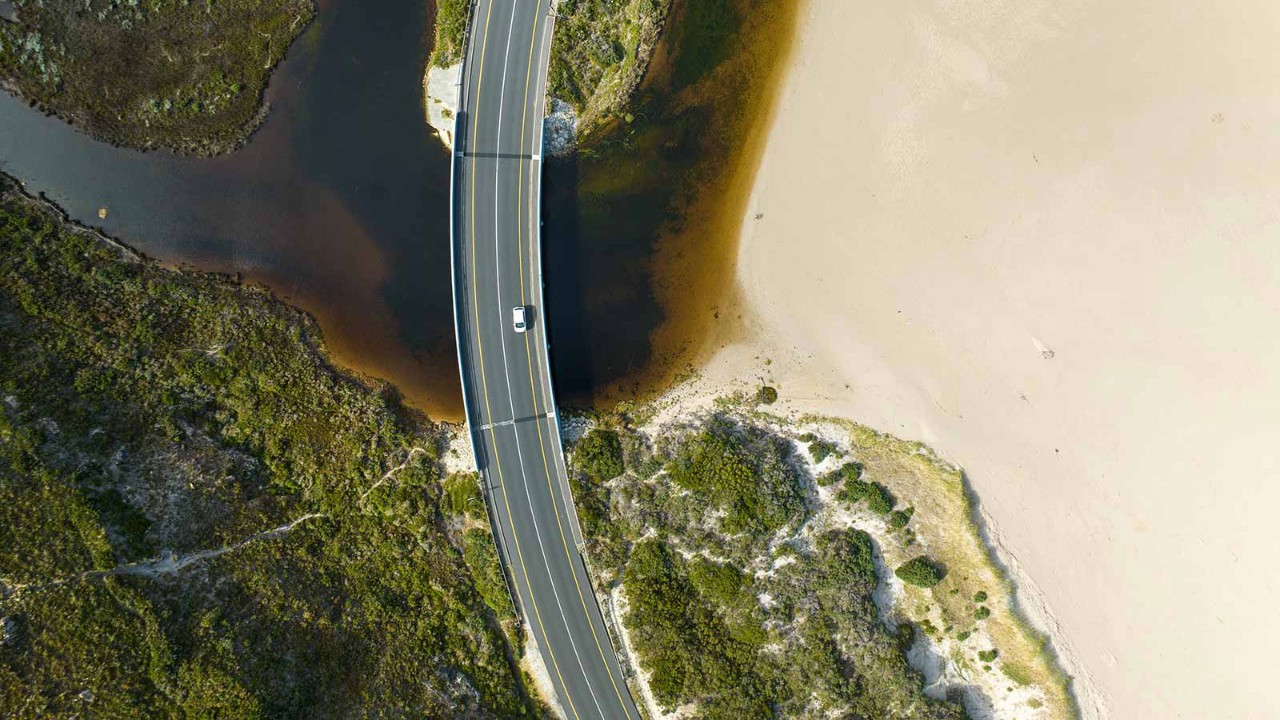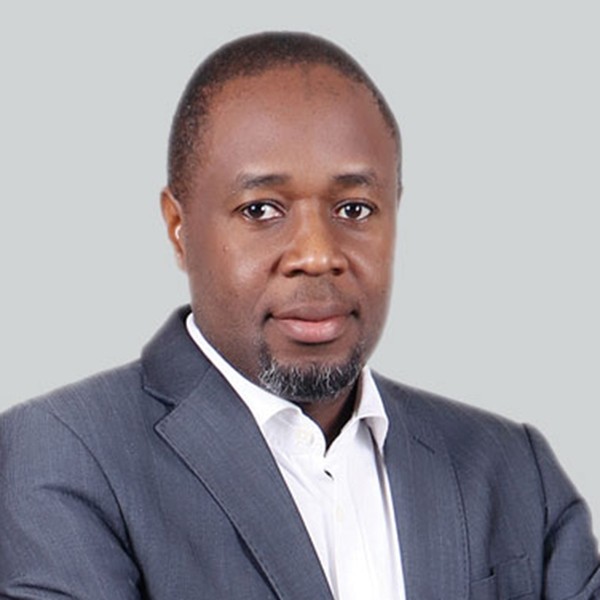
Africa’s infrastructure deficit is a well-documented challenge, which continues to impede economic growth and development across the continent. According to the African Development Bank, the deficit is such that, to bridge it, the continent needs to invest an estimated US$130bn-US$170bn every single year.
Given the state of economic health of most African nations, this is a tall order. Traditional funding mechanisms have proven expensive and inadequate, so there is a need for innovative solutions. Non-interest finance, rooted in Islamic finance principles, presents a viable alternative to conventional debt financing.
Ethically responsible
Non-interest finance, also known as participatory finance, operates on the Islamic finance principles of risk-sharing, asset-backing and the prohibition of interest (riba). Unlike conventional finance, which relies on interest-based transactions, non-interest finance structures transactions around profit and loss sharing, leasing (ijara) and equity participation (musharaka and mudaraba).
Providers of finance get returns from sharing in profits from the ventures financed
These principles ensure that investments are closely tied to tangible assets and real economic activities, promoting ethical and socially responsible financing. Under this structure, returns come in the form of a share of the profits from the ventures financed.
Infrastructure projects, by their nature, require substantial capital investment and long-term financing. Non-interest finance aligns well with these requirements. First, it involves risk-sharing between the borrower and the lender or investor, reducing the burden on any one of the parties. Second, asset-backing ensures that financing is tied to tangible projects, such as roads, bridges, rail lines and utilities. This directs funds towards productive and sustainable projects. Third, non-interest finance aligns with ethical and social considerations, as it prioritises investments that contribute to social welfare and economic development. Infrastructure projects, which provide public goods and services, naturally align with these priorities.
Promising results
Several African countries have begun to explore and implement these mechanisms for infrastructure development, with promising results. They have done this by issuing sovereign sukuks – sharia-compliant, bond-like instruments. According to a report by Abbas Chérif, an independent Islamic finance consultant, nine African countries have so far issued 773 sukuks, totalling US$5.52bn.
Sukuk issuances are almost always oversubscribed, pointing to significant appetite
Côte d’Ivoire, Mali, Morocco, Nigeria, Senegal, Sudan, South Africa, The Gambia and Togo have all tapped the sukuk market, with South Africa making the highest issuance – a total of US$1.54bn in two issuances, followed by Nigeria with US$1.43bn in six issuances.
Presently, Africa’s sukuks represent just 0.7% of those so far issued globally, so there is some headroom for more. Sovereign issuers also report that these sukuk issuances are almost always oversubscribed, pointing to significant appetite for them. This means that there is good opportunity to raise financing this way, and even attract foreign capital into the continent, tapping into a global market estimated to reach at least US$3.5 trillion this year.
Different direction
Perhaps unsurprisingly, the largest chunk of the non-interest finance market resides in the Middle East, a region awash with petrodollars and where non-interest finance principles have taken deep root and assets based on these principles are growing rapidly. As they continue in their quest to attract foreign capital, there is an opportunity for African nations to look in a different direction from in the past. They also present an opportunity for Middle Eastern investors who presently seem unable to find enough viable non-interest assets to invest in.
As well as being a good source of finance, sukuks help to ease the burden of debt service
In addition to being a good source of finance, sukuks also help to ease the burden of debt service. According to the International Monetary Fund, ‘High sovereign debt servicing costs are a growing challenge for low-and-medium-income countries (LMICs), preventing them from spending more funds on essential services and critical investment needed to boost growth.’ Most countries in Africa are LMICs and sukuks present a viable, and potentially less expensive, alternative for funding public infrastructure.
Some obstacles may impede the rise of non-interest financing in Africa, though. These range from low awareness among issuers and investors to a lack of appropriate structures for raising such financing. There is also a perception that such financing is faith-based, which may also place limits on uptake. These challenges can, however, be surmounted by creating awareness and educating the public on what non-interest finance is and how it works.
By leveraging non-interest finance mechanisms, African nations can attract financing towards provision of much-needed infrastructure, with the added bonus of not placing heavy debt service burdens on their economies.



